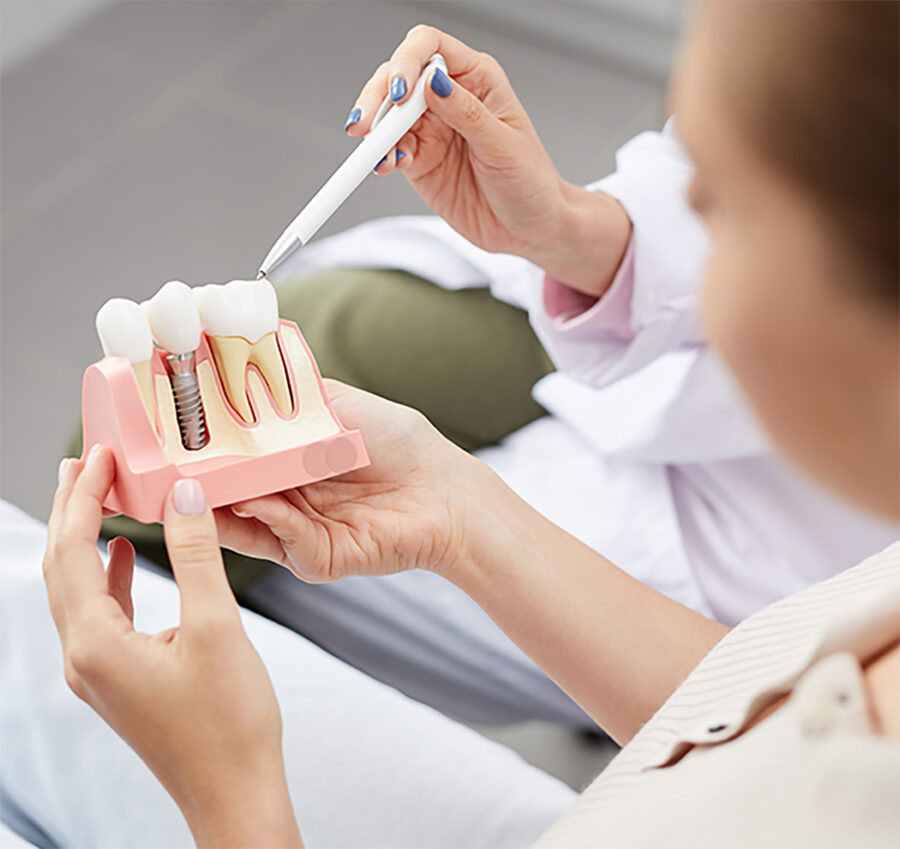
If you’re missing a tooth—or several—you’ve probably come across dental implants as an option. They’re often recommended because they don’t just fill a gap; they help rebuild the structure of your smile from the roots up. But they aren’t the right solution for everyone. So how do you know if they’re right for you?
What Makes Implants Different?
Dental implants replace the entire tooth, including the root. A small titanium post is placed in your jawbone, where it naturally fuses with the bone over time. This creates a solid base for a crown, bridge, or denture.
Unlike removable dentures or bridges that rest on top of the gums, implants are fixed in place. They don’t move when you talk or eat, and they don’t rely on neighboring teeth for support. That makes them a durable, long-term solution—and one that often feels more like your natural teeth.
What to Expect From the Process
Implant treatment typically involves several steps spread over a few months. After an initial consultation and imaging, the implant is placed in the jawbone. Once it heals and integrates with the bone (a process called osseointegration), a custom crown or other restoration is attached.
While the process takes time, many patients say the stability and comfort are worth the wait. The results can last for decades with consistent home care and regular dental visits.
Who Might Be a Good Candidate?
Most healthy adults with missing teeth can consider implants. Having enough bone to support the implant is key—but even if you don’t, procedures like bone grafting can sometimes make implants possible.
Good oral hygiene and healthy gums are also important. Smoking, uncontrolled diabetes, or other medical conditions may affect healing, but they don’t automatically rule implants out. That’s why a personalized consultation matters.
When Implants Might Not Be the Right Fit
There are cases where dental implants may not be the best option—at least not right away. People with untreated gum disease, insufficient bone, or certain medical conditions may face higher risks for complications. Smoking can interfere with healing, and conditions like uncontrolled diabetes or recent radiation to the jaw may affect how well the implant fuses with the bone. In some situations, additional treatment or lifestyle changes may be needed before implants can be considered.
Implant Restorations in Odenton, MD at True Dental
At True Dental in Odenton, MD, Dr. Jai Shin and Dr. Julie Shin specialize in restoring dental implants. If you’ve already had an implant placed by a specialist—or plan to—our team can craft and place a natural-looking crown, bridge, or denture that fits seamlessly with your smile.
Not sure if dental implants are right for your situation? We’re happy to talk through your options, refer you to a trusted specialist for placement, and guide you through the process from start to finish. Your restored smile starts here.
